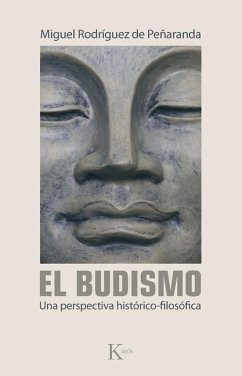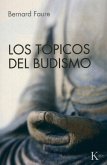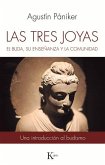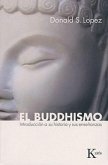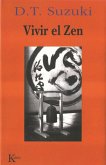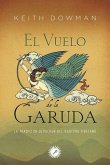Using the central concept of dependent origination--the belief that nothing exists independently of other things--as a springboard, this study explores the myriad interpretations of this teaching throughout Buddhism's long history. In addition to an unprecedented examination of the original intention of this concept in the philosophical and spiritual context of fifth-century India, the author also discusses little-known or poorly interpreted events in the subsequent evolution of Buddhism, including the earliest councils and schisms within the religion, the Mulamadhyamikakarika of the philosopher Nagarjuna--a text heavily informed by dependent origination--and the development of Mahayana Buddhism, the largest current major tradition in Buddhism. The book ends with several reflections on the possible role Buddhism can play in modern-day society, basing itself on the ideas of contemporary philosophers such as Gustavo Bueno, Jürgen Habermas, and Ken Wilber. Tomando como punto de partida el concepto central de la originación dependiente--la creencia que nada existe independientemente de otras cosas--este estudio explora el gran número de interpretaciones de esta enseñanza a lo largo de la larga historia del budismo. Aparte de una clarificación sin precedentes de la intención original de este concepto en el contexto de la filosofía y espiritualidad india del siglo V a. C., el autor recorre episodios poco conocidos o no siempre bien interpretados de la historia posterior, incluyendo los primeros concilios y cismas dentro de la religión, la Mulamadhyamikakarika del filósofo Nagarjuna--un texto influido por el concepto de la originación dependiente--y el desarrollo del mahayana, la principal tradición actual del budismo. El libro termina con unas reflexiones acerca del posible papel del budismo en la sociedad moderna a partir de las ideas de filósofos contemporáneos como Gustavo Bueno, Jürgen Habermas y Ken Wilber.

